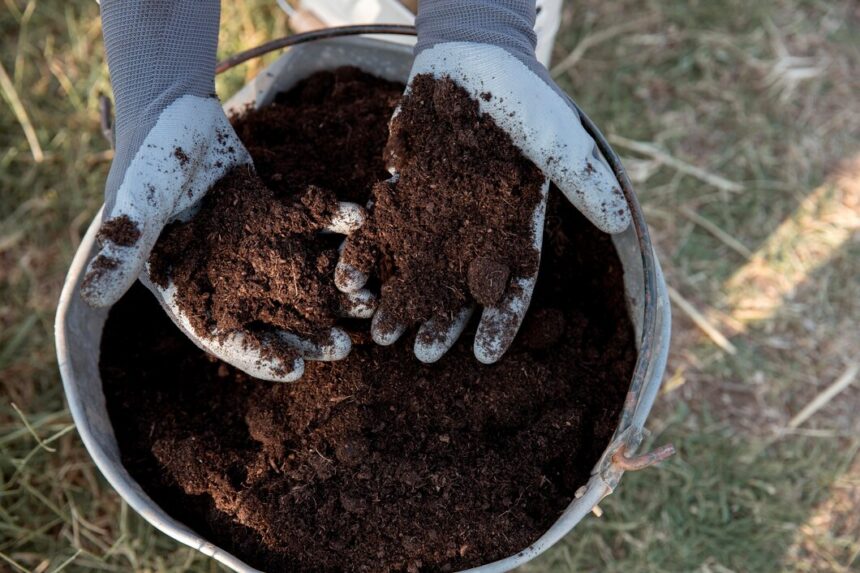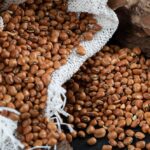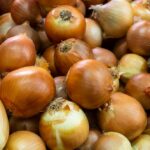Natural fertilizers, derived from organic sources like compost, manure, and plant-based materials, offer a sustainable way to enrich soil and promote healthy plant growth. In South Africa, where farming plays a critical role in both rural and urban economies, using natural fertilizers effectively can improve crop yields, soil health, and environmental sustainability. Here are 10 practical ways to use natural fertilizers effectively on your farm or garden.
1. Test Your Soil Before Application
Before applying any fertilizer, it’s essential to understand your soil’s nutrient needs. A soil test provides information on pH levels, nutrient deficiencies, and organic matter content. Knowing these factors helps you choose the right type of natural fertilizer and apply it in the correct amounts.
In South Africa, many soils tend to be low in nitrogen, phosphorus, and potassium. Organic fertilizers like compost, bone meal, and fish emulsion can address these deficiencies effectively when applied based on soil test results.
2. Use Compost to Improve Soil Structure
Compost is one of the most versatile natural fertilizers. It improves soil structure by increasing water retention, aeration, and microbial activity. To make compost more effective:
- Apply a 2-5 cm layer of compost over your soil and work it into the top 10-15 cm of soil.
- Compost should be well-decomposed before use to avoid attracting pests and diseases.
- Regularly replenish compost to maintain soil fertility, especially in sandy soils common in parts of South Africa.
3. Incorporate Animal Manure Correctly
Manure from animals like cows, chickens, and goats is rich in nitrogen and other essential nutrients. However, it needs to be used carefully:
- Cure manure before applying it to crops by allowing it to decompose for several months. Fresh manure can burn plants due to high ammonia content.
- Apply manure during pre-planting stages to give it time to break down and release nutrients gradually.
- Avoid over-applying manure, as it can lead to excessive nutrient buildup, which can leach into groundwater and harm the environment.
4. Green Manure for Nitrogen Fixation
Green manure crops like legumes (e.g., peas, beans, and alfalfa) help fix nitrogen in the soil. After growing these crops, cut them down and incorporate them into the soil to release their nutrients.
- Plant green manure crops in the off-season or as part of a crop rotation plan to replenish soil nitrogen.
- In South Africa’s dry regions, choose drought-resistant legumes to avoid overuse of water while still benefiting from natural nitrogen fixation.
5. Use Bone Meal for Phosphorus
Bone meal is a natural fertilizer rich in phosphorus, which is essential for root development and flowering. To use bone meal effectively:
- Apply bone meal during planting by mixing it into the soil around the root zone of plants.
- It’s particularly effective for root vegetables and flowering plants, helping them establish strong root systems.
- Since bone meal breaks down slowly, it provides long-term phosphorus availability, especially important for South African soils that are naturally low in this nutrient.
6. Create and Use Vermicompost (Worm Composting)
Vermicomposting involves using earthworms to break down organic waste into nutrient-rich compost known as worm castings. Vermicompost is highly concentrated in nutrients and beneficial microbes.
- Use vermicompost as a top dressing around plants or mix it into the soil.
- Worm castings improve soil structure, water retention, and plant health by introducing beneficial microorganisms.
- In regions with poor soils, like parts of the Northern Cape, vermicompost can help rejuvenate degraded land.
7. Apply Seaweed Extract for Trace Minerals
Seaweed is a natural source of trace minerals and growth hormones that stimulate plant growth. It’s particularly useful for improving plant resilience to stress and promoting root growth.
- Use seaweed in its liquid form as a foliar spray or soil drench to provide a quick boost of nutrients.
- Seaweed fertilizers work well in areas with nutrient-deficient soils, common in coastal areas of South Africa.
- Apply seaweed extract every 2-3 weeks during the growing season for optimal results.
8. Mulch with Organic Materials
Mulching with organic materials like straw, grass clippings, or leaves provides several benefits: it conserves soil moisture, suppresses weeds, and slowly releases nutrients as it decomposes.
- Apply a 5-10 cm layer of mulch around plants, keeping it away from the stems to prevent rot.
- In South Africa’s hot and dry regions, mulching reduces water evaporation, making it a valuable practice for conserving water while fertilizing the soil naturally.
9. Use Cover Crops for Erosion Control and Nutrient Addition
Cover crops such as clover, buckwheat, and rye serve multiple purposes in improving soil health. They prevent erosion, add organic matter to the soil, and, depending on the crop, fix nitrogen.
- Grow cover crops in between planting seasons or as part of crop rotation to improve soil health over time.
- When ready, cut the cover crop and till it into the soil to release nutrients, improving soil fertility for the next planting season.
10. Use Ash Sparingly for Potassium
Wood ash is a natural source of potassium, which is crucial for overall plant health, particularly fruit and vegetable development. It also helps neutralize acidic soils.
- Apply wood ash sparingly to avoid raising the soil pH too much, which could affect nutrient availability.
- Spread a thin layer of ash around the base of plants, especially fruit-bearing crops like tomatoes and peppers, which benefit from additional potassium.
- Avoid using ash in areas with alkaline soils, such as those found in some parts of the Western Cape, where soil pH is already high.
Natural fertilizers are an eco-friendly and cost-effective way for South African farmers to improve soil fertility and enhance crop production. By using compost, manure, seaweed extract, and other organic inputs correctly, farmers can nurture their soils, promote sustainable farming practices, and boost yields. Regular soil testing, proper application methods, and balancing nutrient needs are critical to using natural fertilizers effectively in both large-scale agriculture and small-scale home gardening.







